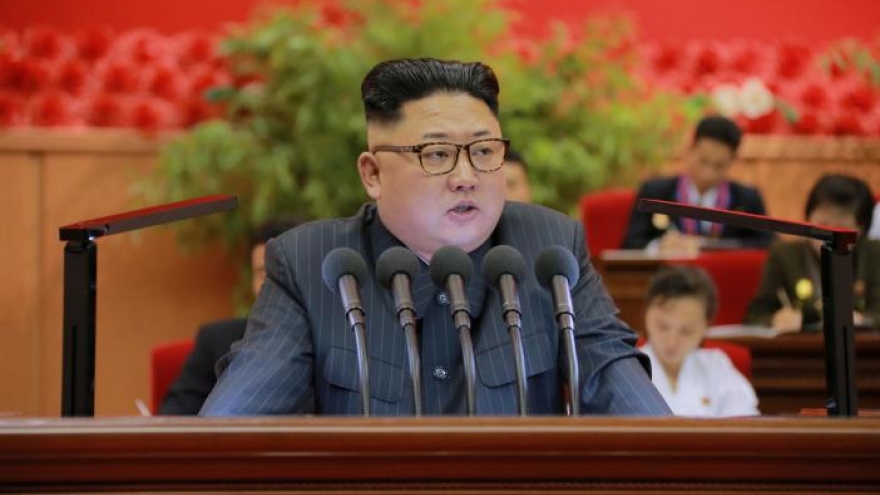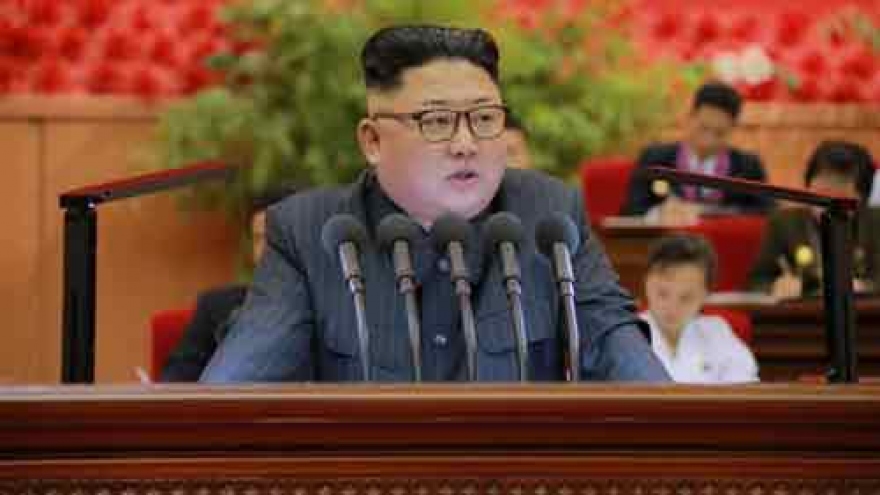US to deploy anti-missile system in the Republic of Korea 'as soon as possible'
The United States will speed up deployment of the THAAD anti-missile system to the Republic of Korea given the pace of DPRK's missile tests, and it will be stationed there "as soon as possible," the top US diplomat for East Asia said on September 27.
 |
| A Terminal High Altitude Area Defense (THAAD) interceptor is launched during a successful intercept test, in this undated handout photo provided by the U.S. Department of Defense, Missile Defense Agency. U.S. Department of Defense, Missile Defense Agency. |
Russel told the House subcommittee for Asia the timing of the deployment of the Terminal High Altitude Area Defense system was a Pentagon matter.
But he added: "Given the accelerating pace of DPRK's missile tests, we intend to deploy on an accelerated basis. I would say as soon as possible."
Asked if the deployment was a “done deal," Russel replied: “Yes.”
A Pentagon spokesman, Commander Gary Ross, said THAAD would be deployed "as soon as feasible," but declined to give a specific timeline.
Russel told Reuters last week THAAD deployment was not negotiable as part of efforts to agree on new U.N. sanctions on DPRK after its fifth nuclear test on Sept. 9.
China, whose full backing is widely seen as crucial for sanctions on DPRK to be effective, is strongly opposed to THAAD and some experts have argued it should be part of talks on new U.N. measures.
Russel said China shared concerns about DPRK's nuclear program and there had been a vast improvement in cooperation on sanctions, even though there was "an awful lot more" Beijing needed to do to tighten them.
He said there had been "a very constructive and honest candid set of ongoing conversations" with China on new sanctions and added: "I hope you will see, as one of the products of that, real headway in the discussions."
Asked if consideration was being given to restricting DPRK's access to banking transaction services, such as the Swift system, Russel replied: "We are in discussions with our partners, including the EU, about tightening the application of sanctions and pressure, including and particularly to deny North Korea access to the international banking infrastructure."
Russel said the United States and its allies Japan and the RoK had been working to cut off DPRK revenue streams from coal and overseas workers and were considering further joint action.



